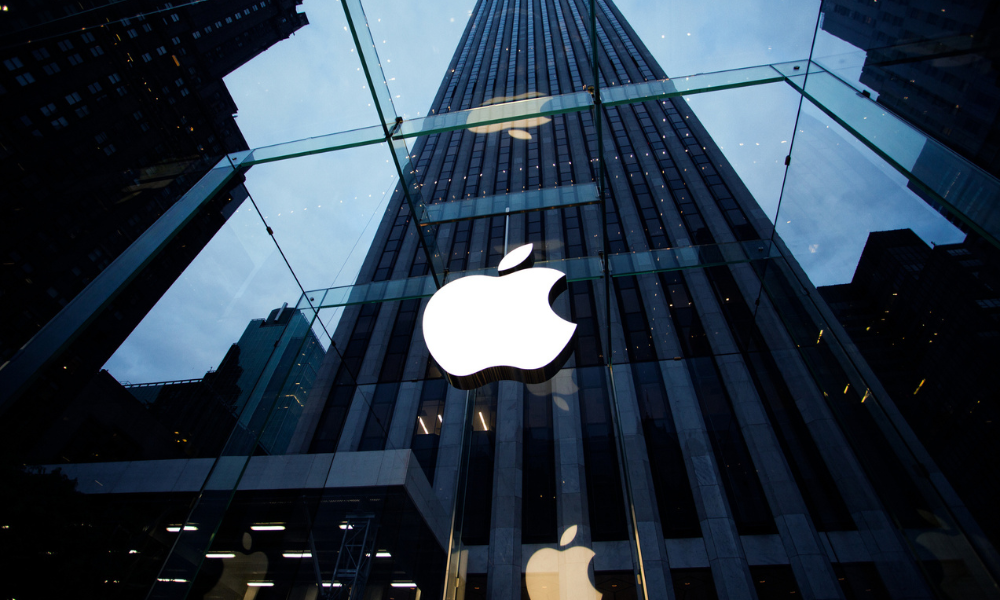

Apple made history as the world’s first $3 trillion company but how have the big cap firms changed over the past 40+ years?
A new report from City Index looks back at the top 10 firms by market cap in 2000 and 1980 to highlight how the stock market has changed over the past half century.
Just one of the firms that were in the elite list in 2000 (including some that were also there 20 years’ earlier) are still among the biggest in 2023 – and it’s not Apple.
Technology has played a major role in the markets for decades, but its dominance today is obvious with the industry taking seven of the top 10 spots by market cap:
Apple was founded in 1976 and went public in 1980, replacing ExxonMobil as the world’s most valuable company for the first time in 2011 with a value of $350 billion.
The only firm to appear in both the 2000 and 2023 top 10s is Microsoft, the second-biggest company in 2023 with a market cap of $2.51 trillion and was also the world’s most valuable company in 2000 at $586 billion. Adjusted for inflation, the firm has tripled its market cap over the past 23 years.
The top 10 by market cap in 2000 were:
Technology was dominant in 2000, but not quite as much as today. Half of the top 10 were from the industry.
Forty years ago, things were very different to how they have been in the 21st century according to the City Index data.
Although technology led the top 10 with IBM’s $35B market cap taking the top spot, oil and gas was the dominant sector with six of the companies in the list:

Canadian stocks are on a roll in 2025 as the country prepares to name a new Prime Minister.

Two C-level leaders reveal the new time-saving tools they've implemented and what advisors are doing with their newly freed-up hours.

The RIA led by Merrill Lynch veteran John Thiel is helping its advisors take part in the growing trend toward fee-based annuities.

Driven by robust transaction activity amid market turbulence and increased focus on billion-dollar plus targets, Echelon Partners expects another all-time high in 2025.

The looming threat of federal funding cuts to state and local governments has lawmakers weighing a levy that was phased out in 1981.
RIAs face rising regulatory pressure in 2025. Forward-looking firms are responding with embedded technology, not more paperwork.
As inheritances are set to reshape client portfolios and next-gen heirs demand digital-first experiences, firms are retooling their wealth tech stacks and succession models in real time.
